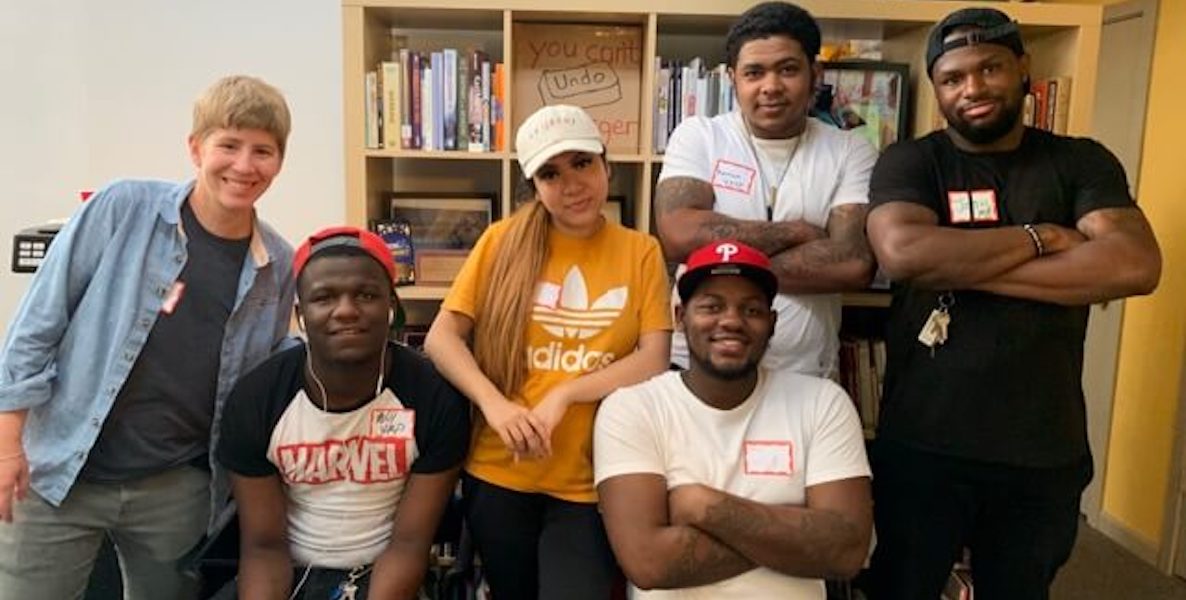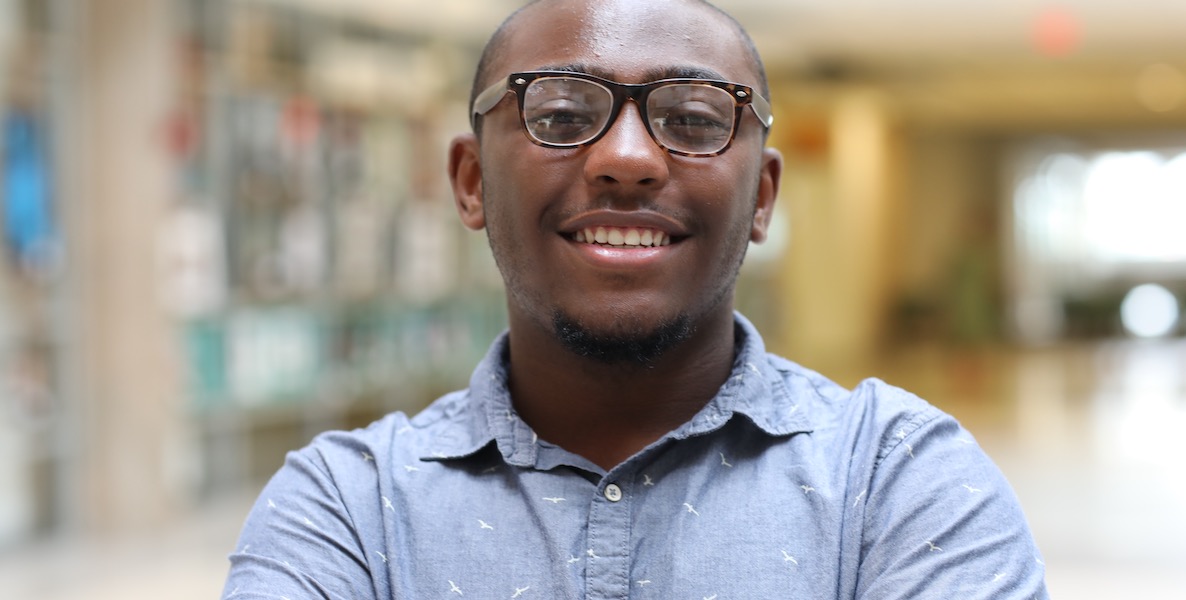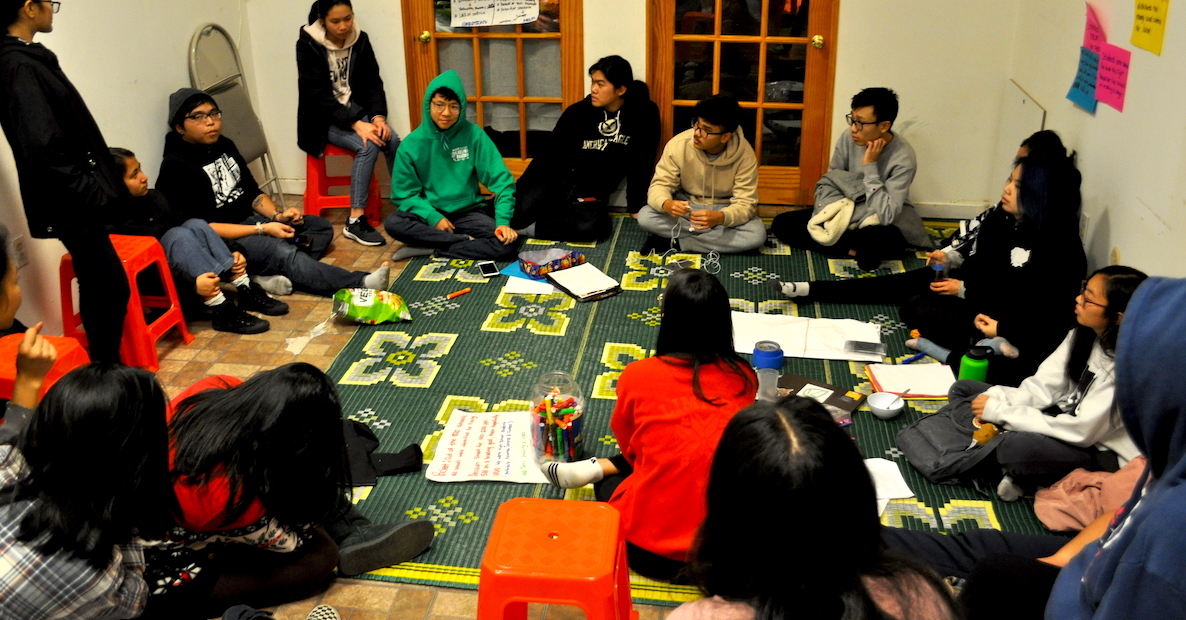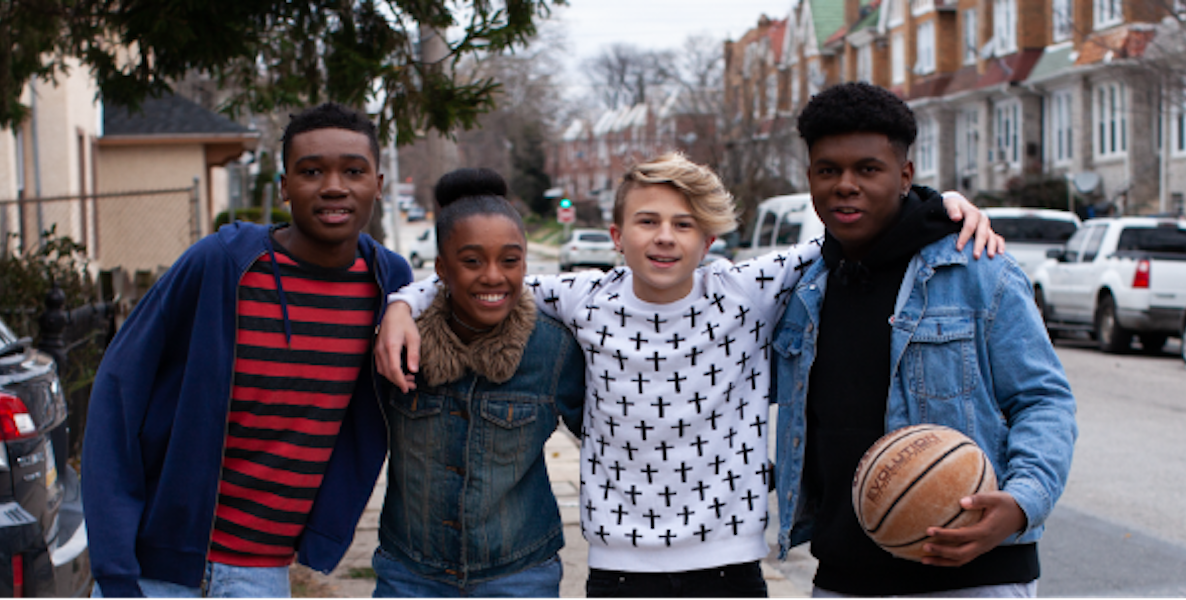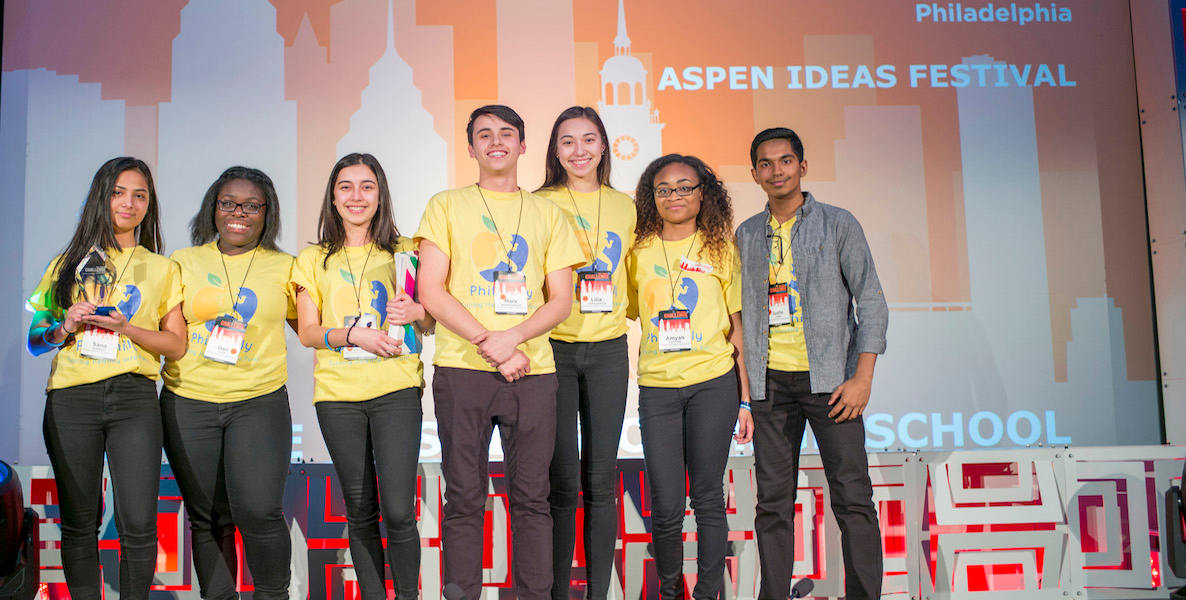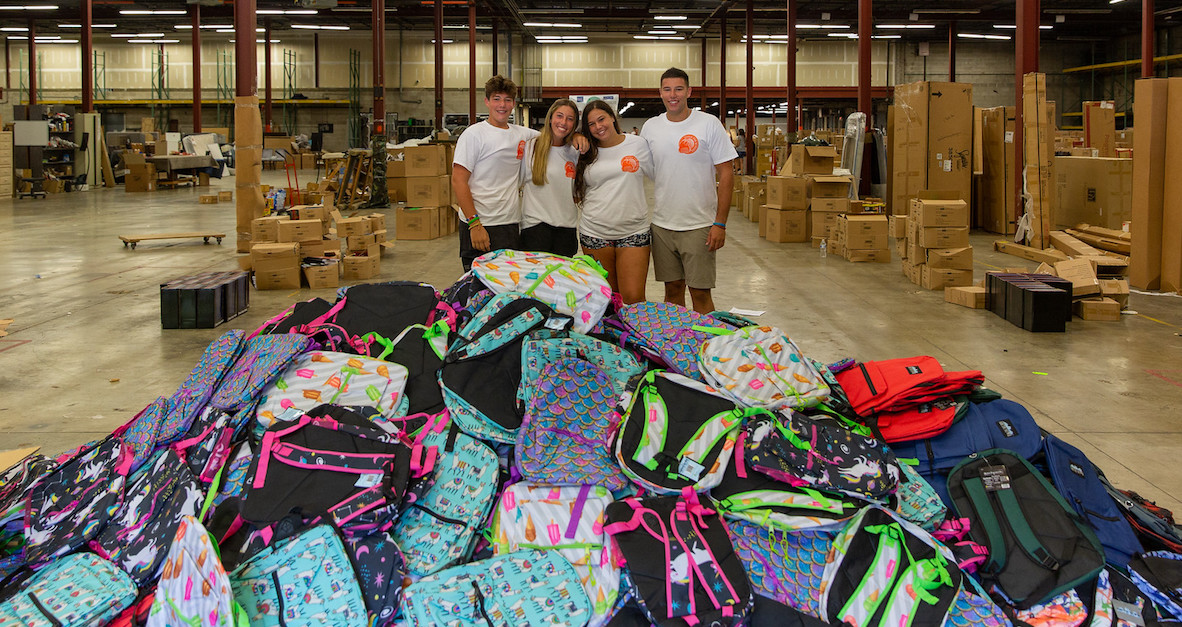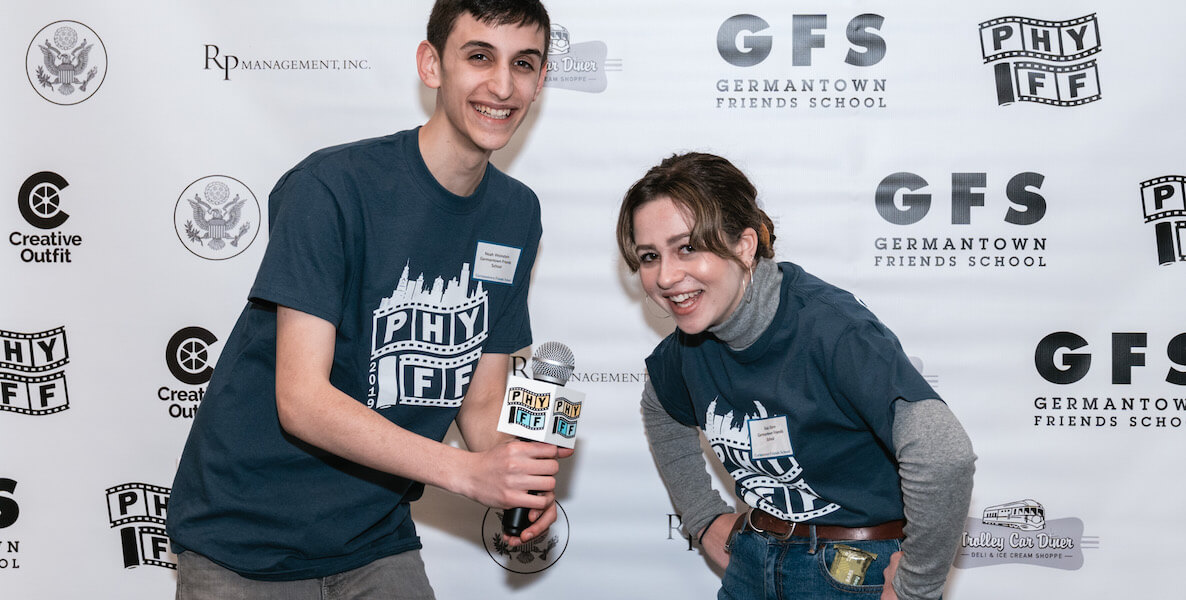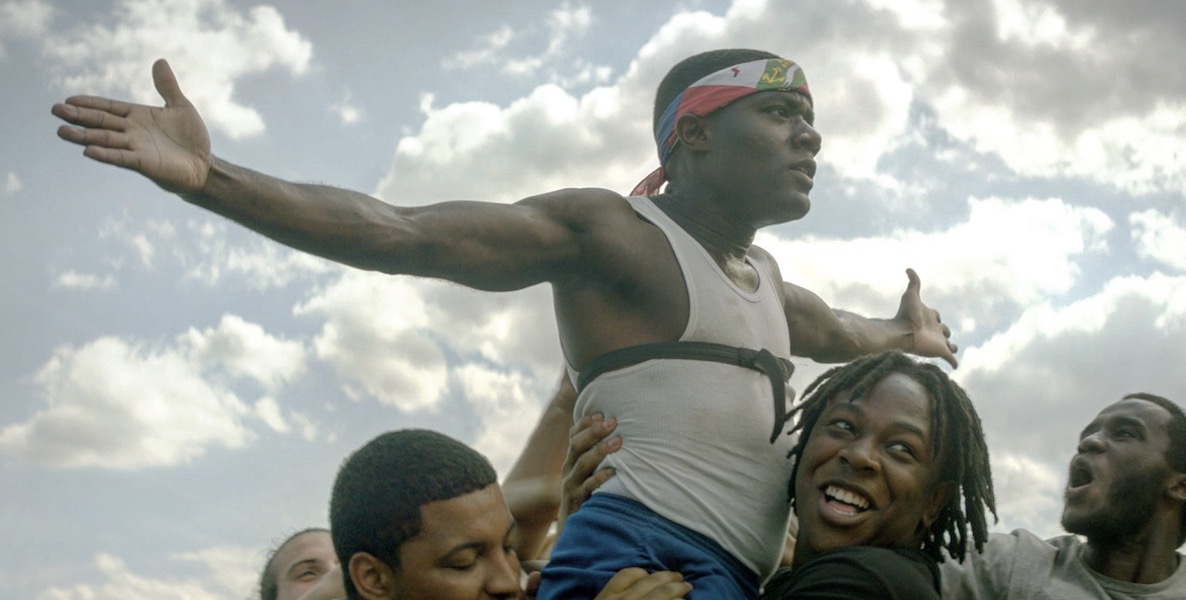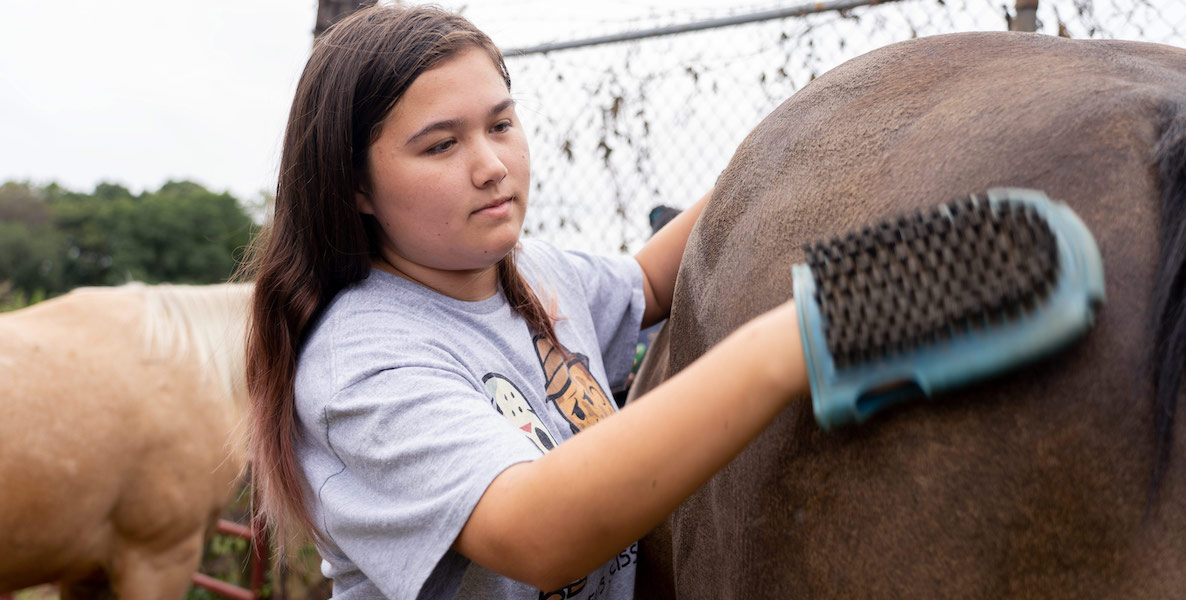Back in 2017, while Germantown Friends School students were feverishly planning the first-ever Philadelphia Youth Film Festival, Rajkishore Mohapatra, a 17 year old from Bhubaneswar, India, skipped class to shoot “Maya: A State of Trance” on his father’s camera.
Meanwhile, Radheya Jegatheva, a 17 year old from Perth, Australia, used an English class assignment to create the animated movie, “iRony,” that he’d been dying to make.
And just a few months later, Kaya Trefz, a 17 year old Philadelphia High School of Creative and Performing Arts junior from Philadelphia, traveled all over the city looking for the perfect locations to film “Have You Ever Been In Love?,” like local cafes, thrift shops, Schuylkill River trails and Whole Foods rooftops.
After learning about the Festival (PHYFF) from Film Freeway or by word of mouth, these three innovative filmmakers submitted their movies from their far-flung corners of the world to students in the heart of Philadelphia.
To the GFS students who founded the festival and hoped it would take off, it was gratifying. And festival co-founder Eli Eisenstein, now a sophomore at Penn, says he was humbled to immediately see the response. “There were other people out there just like us,” he says.
The passion of young filmmakers, like Mohapatra, Jegatheva and Trefz has not faded.
Mohapatra, now 18, is a freshman at the Kalinga Institute of Industrial Technology’s School of Film and Media Studies, working on a documentary about the youngest transgender person in his state.
![]() Jegatheva, 21, is a commerce and screen arts major at Curtin University in Perth, who recently released a short film entitled “The Quiet.”
Jegatheva, 21, is a commerce and screen arts major at Curtin University in Perth, who recently released a short film entitled “The Quiet.”
Trefz plans on attending NYU Tisch this coming fall for dramatic writing.
Unlike most film festivals, which require an often-prohibitive entry fee, PHYFF is free-of-charge; costs of the festival are covered by GFS, individual sponsors and the Maguire Innovation Fund for Progressive Education.
Aside from the lack of a financial barrier to entry, Mohapatra, Jegatheva and Trefz say that because their films each deal with different aspects of modern adolescence—drug abuse, the presence of technology, love and sexuality—PHYFF’s young audience and organizers could respect and understand their films more than an adult audience.
Since that first festival in 2017, PHYFF has matured from a simple movie screening to something of a high school Sundance (nix the Champagne, keep the popcorn).
The Philadelphia Youth Film Festival itself isn’t unlike many of the movies it displays. Like an unfinished screenplay, it’s an on-going narrative about what it means to make movies in the social media, digitized world of adolescents.
The premise is straightforward: Any student from around the world, aged 14 to 19, can submit their work in one of four categories: narrative, documentary, experimental and screenplay.
Though most festivals don’t include the last division, Victor explains that “students can make a screenplay, but not have enough money to make it into a movie.”
By submitting a work-in-progress, the hope is that students will attend the festival and connect with teenagers who are interested in helping them move their project forward.
![]() This year, the festival garnered 455 submissions from all over the world, including Iran, Israel, Northern Europe and Philadelphia. Of those 455, 33 will be selected, 13 will become finalists, and four will win an award.
This year, the festival garnered 455 submissions from all over the world, including Iran, Israel, Northern Europe and Philadelphia. Of those 455, 33 will be selected, 13 will become finalists, and four will win an award.
These glass and metallic gold star prizes are a new addition to PHYFF, carried in briefcases from China to America by GFS students Taddy Wang and Songqi (Steven) Pu.
Why, you might ask, are these trophies from more than 7,000 miles away? As a student film festival, PHYFF is always looking for ways to save money, and Chinese prices were a sweet deal compared to American ones.
Compared to the inaugural club of four people, PHYFF’s planning committee has more than tripled in size, with participants in 9th through 12th grades.
Leading the whole operation are seniors Pu, who recently directed the documentary “The Model Minority,” and Tommy Victor, who, aside from making films, enjoys working with the school’s aquaponic farm and beehive.
The club’s increased popularity has resulted in the creation of task forces for marketing, social media, copyright infringement vetting, fundraising and, perhaps most importantly, candy and popcorn ordering.
PHYFF has worked to increase its social media and citywide presence: Noah Weinstein, another co-founder of the event, has spent hours driving around the city hanging up posters, and sophomores Harlem Rogers and Max Borgenicht post event information and advertisements to Instagram daily.
With the help of GFS alum Alex Favin, co-founder of Creative Outfit, this month’s celebration will include a red carpet, projection screen backdrop and DJ. But Victor emphasizes that the event isn’t all about the glitz and glamour of the movies. “It’s focused on learning about [making] them too.”
PHYFF invites industry professionals, like this year’s keynote speaker Nicole Kassell, who was named one of IndieWire’s Top 25 directors in TV in 2015, to speak about their work and passions. One upcoming workshop, “Making a Feature Film as a High Schooler: It’s Possible—Here’s How,” will be a class taught by California native and former festival participant, Caden Hollander.
The Philadelphia Youth Film Festival itself isn’t unlike many of the movies it displays. Like an unfinished screenplay, it’s an on-going narrative about what it means to make movies in the social media, digitized world of adolescents. Most of all, it’s an experiment.
![]() Creating a film or running a festival is gutsy, and it’s the type of chance that gets harder to take the older you are.
Creating a film or running a festival is gutsy, and it’s the type of chance that gets harder to take the older you are.
Jacob Mazer, this year’s judge in the narrative category, explains that one of the most important factors he looks for is a willingness to take risks in art. So, too, is this willingness important in organizing a film festival.
Sarah Kappel, one of PHYFF’s administrative advisors, often tells students that, unlike with twentysomethings in the film field who are frequently the small fish in a big pond, highschoolers are naturally big fish in a small pond: They do everything themselves. As a teenage festival organizer or filmmaker, “you are in charge of everything at the broad level, but you’re also doing all the boots and the groundwork, too, and there’s something neat about that,” says Kappel.
Saturday, February 22, noon–6pm, free, Sharpless Building at Germantown Friends School, 31 W. Coulter Street. More info here.
Header photo courtesy Creative Outfit Inc.


